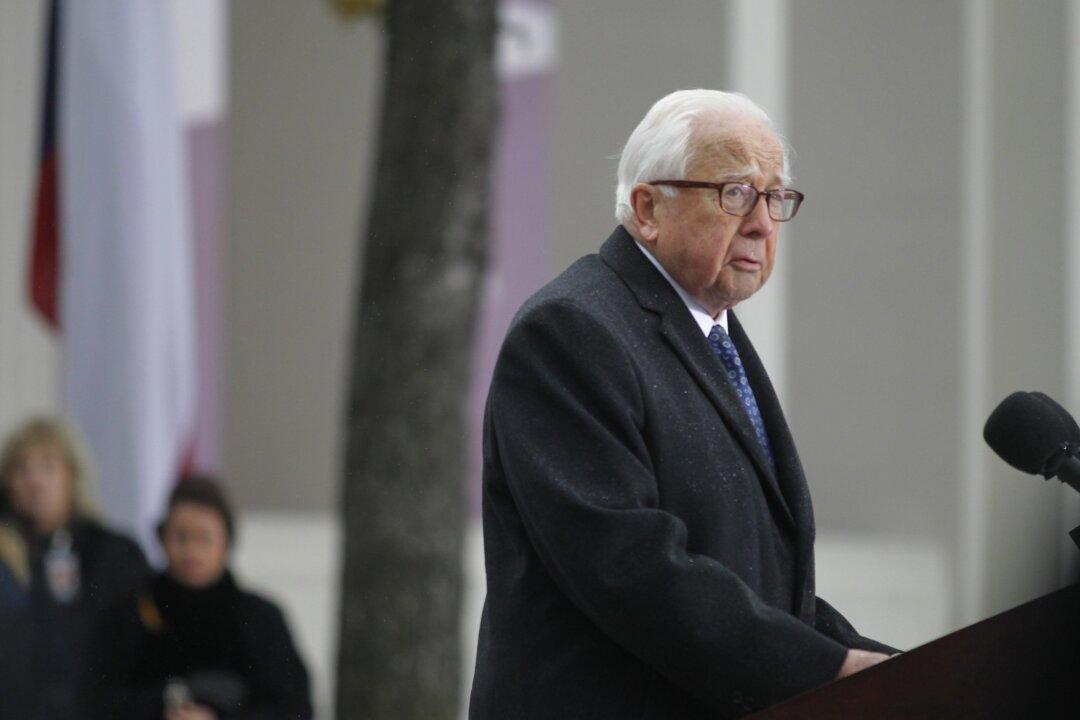Commentary
I hated college history. The textbooks were mostly about dead white men, Abigail Adams excepted. The lectures were boring. I didn’t see how any of it related to my young life and future plans.

I hated college history. The textbooks were mostly about dead white men, Abigail Adams excepted. The lectures were boring. I didn’t see how any of it related to my young life and future plans.